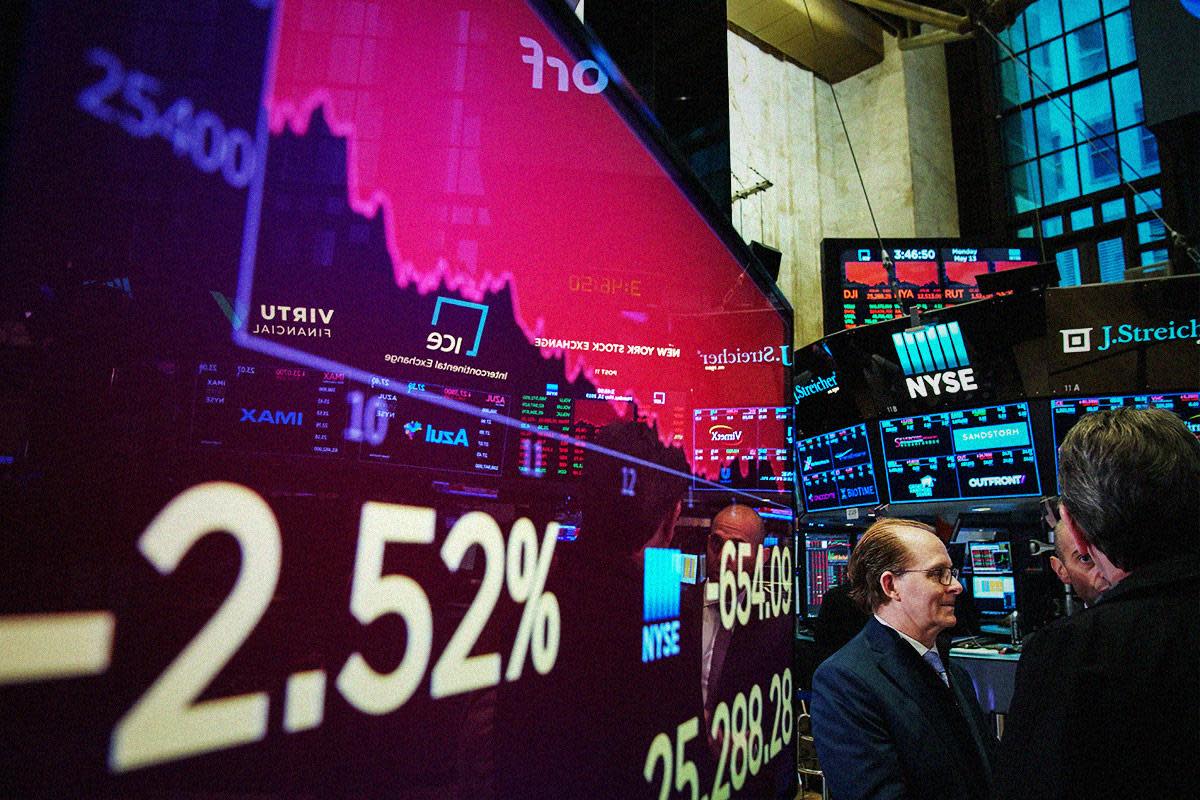The stock markets across the Gulf region closed on a mixed note as investors turned cautious ahead of critical US inflation data. The data, expected to influence the Federal Reserve’s stance on interest rates, has become a focal point for global markets, including those in the oil-rich Gulf Cooperation Council (GCC) countries. With rising interest rates posing challenges to economic growth, investors are adopting a wait-and-see approach, leading to varied performances in the Gulf’s equity markets.
Market Overview
Saudi Arabia (Tadawul)
The Saudi Tadawul All Share Index ended slightly higher, buoyed by gains in the energy and financial sectors. Strong crude oil prices have provided support to the kingdom’s economy, which heavily relies on oil exports. However, trading volumes remained subdued as investors awaited clarity from the US inflation report.
Leading energy companies like Saudi Aramco benefited from stable oil prices, while some financial stocks saw modest gains, reflecting the resilience of the banking sector. Despite this, concerns about the global economic outlook have tempered enthusiasm among traders.
United Arab Emirates (Abu Dhabi and Dubai)
Markets in the UAE were split, with Abu Dhabi’s main index edging higher and Dubai’s benchmark index slipping into the red.
- Abu Dhabi: Gains in heavyweight stocks, particularly in the energy and financial sectors, supported the index. Companies such as ADNOC and First Abu Dhabi Bank were among the top performers.
- Dubai: The Dubai Financial Market saw declines in real estate and retail stocks as investors booked profits after recent rallies. Market sentiment was further dampened by uncertainty over global economic conditions.
Qatar (QE Index)
The Qatar Stock Exchange Index posted modest gains, driven by increases in the banking and industrial sectors. With Qatar hosting several major international events and benefiting from its status as one of the world’s leading LNG exporters, investor confidence remains relatively strong. However, concerns over interest rate hikes globally have introduced caution into the market.
Kuwait, Oman, and Bahrain
The smaller Gulf markets showed mixed results:
- Kuwait: The market closed flat, with gains in telecom stocks offset by losses in the industrial sector.
- Oman: The Muscat Securities Market index saw slight gains, helped by positive developments in the logistics and infrastructure sectors.
- Bahrain: The Bahrain Bourse dipped marginally as investors reacted to mixed signals from global markets.
Key Factors Driving Market Sentiment
1. US Inflation Data and Federal Reserve Policy
The US inflation report is a critical factor influencing global investor sentiment. A higher-than-expected inflation figure could prompt the Federal Reserve to maintain its hawkish stance on interest rates, potentially leading to tighter financial conditions globally. For Gulf markets, which are closely tied to the performance of global equities and oil prices, such developments could have far-reaching implications.
2. Oil Prices and Energy Sector Performance
Oil prices have remained relatively stable, providing support to Gulf economies that rely heavily on energy exports. However, concerns about a global economic slowdown and reduced demand for crude have kept energy markets on edge. Any significant shift in oil prices could directly impact investor confidence in the region.
3. Regional Economic Policies and Reforms
Many Gulf countries are implementing economic diversification strategies to reduce their reliance on oil revenues. Initiatives such as Saudi Arabia’s Vision 2030 and the UAE’s focus on renewable energy and technology sectors are attracting foreign investment. These structural reforms have helped cushion the impact of global market volatility, but their full effects are yet to be realized.
4. Geopolitical Stability
The Gulf region continues to navigate geopolitical challenges, including tensions in the Middle East and the broader impact of US-China relations. Stability in the region is essential for sustaining investor confidence, particularly in sectors such as tourism, logistics, and financial services.
Outlook for Gulf Markets
As investors await the release of US inflation data, Gulf markets are likely to remain cautious in the short term. Key sectors such as energy, banking, and real estate will continue to drive market performance, while global factors such as oil prices and interest rate decisions will play a significant role in shaping investor sentiment.
Market analysts predict that a favorable US inflation report could lead to a rally in global equities, providing a boost to Gulf markets. Conversely, a higher-than-expected inflation figure could dampen investor confidence and lead to increased volatility.
In the medium to long term, the Gulf region’s focus on economic diversification, coupled with its strategic importance in global energy markets, positions it as an attractive destination for investors. However, navigating the complexities of global economic trends will remain a key challenge for policymakers and market participants.
Conclusion
Gulf markets closed mixed as investors adopted a cautious approach ahead of the US inflation report. While stable oil prices and ongoing economic reforms provide a strong foundation for growth, global uncertainties continue to weigh on sentiment. The coming days will reveal how the US inflation data shapes monetary policy decisions and, in turn, impacts the performance of markets across the Gulf region.



